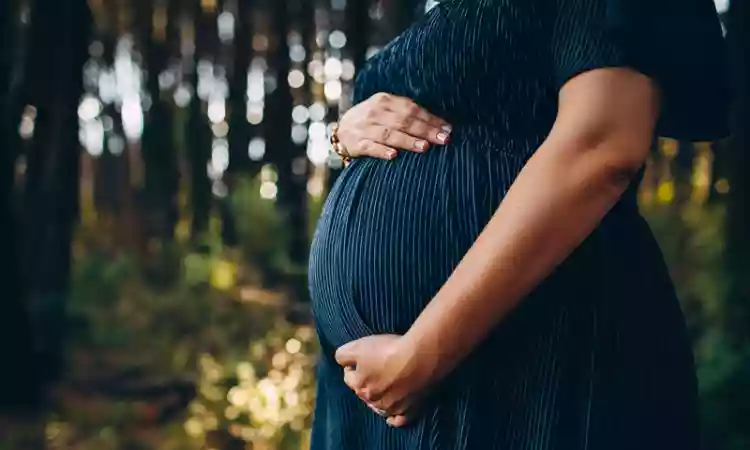.gif)
.gif)

The Supreme Court has declined the abortion plea of a 32-week pregnant widow, asserting that the foetus is normal and underlining the responsibility to safeguard the interests of both the mother and the unborn child. The petitioner, facing mental trauma and depression due to the pregnancy, had initially received permission for abortion from the Delhi high court, which later reversed its decision based on medical opinions suggesting the child would be born alive but with potential deficiencies.
The Supreme Court, citing the medical board's assessment from the All Indian Institute of Medical Science (AIIMS) affirming the foetus's normalcy, dismissed the petition and directed the government to provide care for the woman. Advocates stressed the need to consider the mother's well-being in addition to the foetus.
The Supreme Court has turned down a plea for the abortion of a 32-week pregnancy filed by a 26-year-old widow, emphasizing the duty to protect both the mother and the unborn child. The court referenced the evaluation by a medical board from AIIMS, which found no abnormality in the foetus. Despite the woman's claims of mental trauma and depression, the court dismissed the petition, stating, "There is no abnormality in the foetus. It is a full-fledged, normal-bodied child.This is not the case we should entertain".
Advocates, including Rahul Sharma representing the petitioner, argued for considering the mother's wishes and mental well-being. The Supreme Court upheld the Delhi high court's directive for the government to cover the woman's medical expenses if she opts for delivery in a government-run hospital, further noting the option for adoption with government assistance.